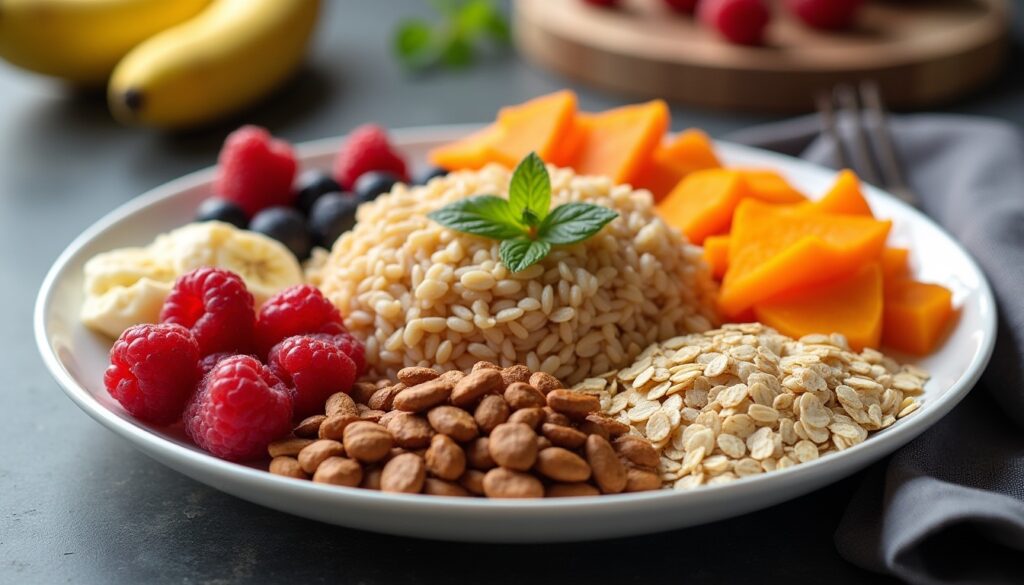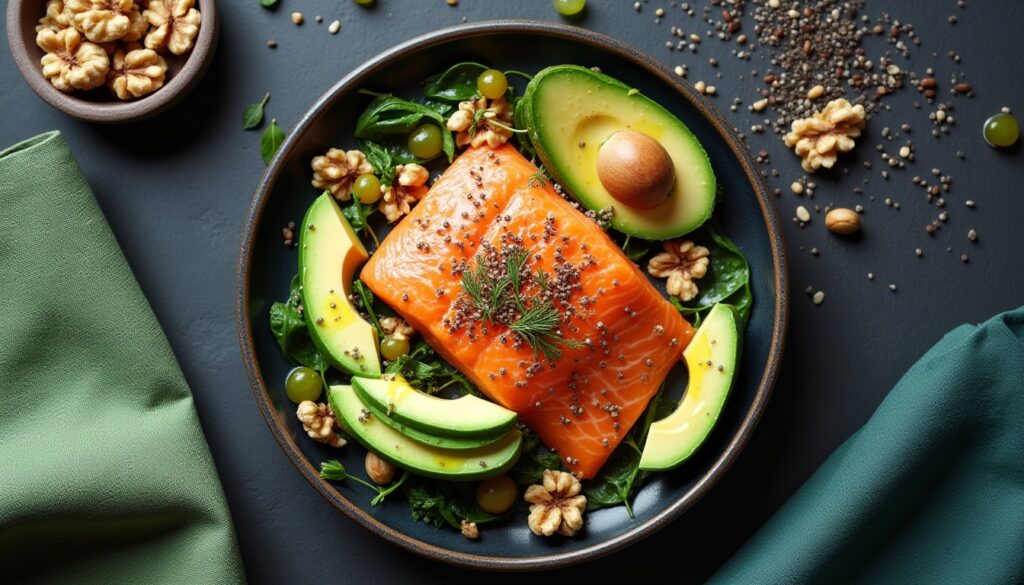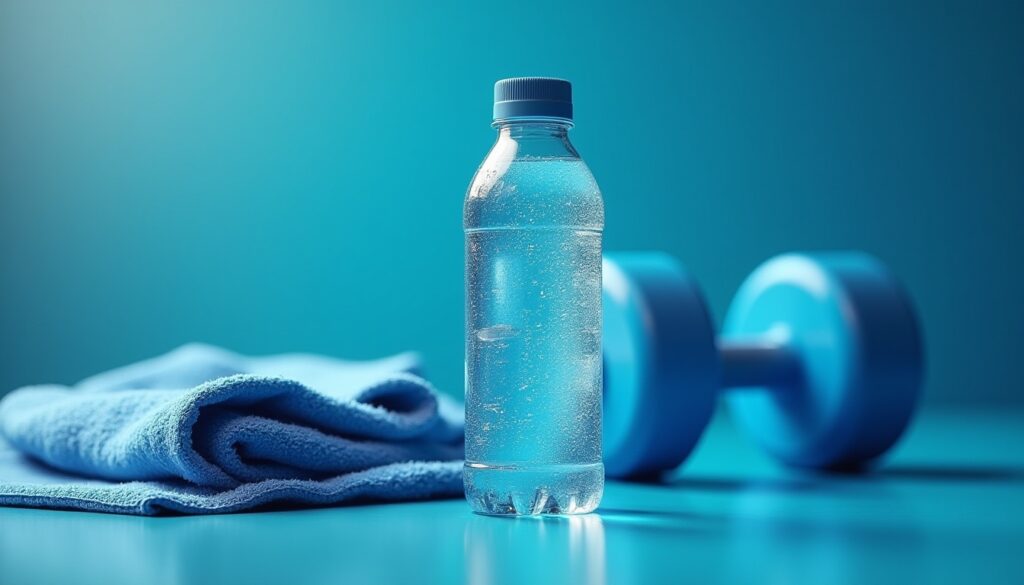Recovering effectively after a workout is just as important as the training itself. Proper nutrition plays a vital role in muscle repair, growth, and reducing soreness. Incorporating the right foods and timing your meals correctly can accelerate recovery and maximize your results. In this guide, we’ll explore the most effective nutrition tips for muscle recovery to help you fuel your gains efficiently and stay consistent with your training goals.
Why Nutrition Matters for Muscle Recovery
Muscle recovery is the process where your body repairs tiny tears in muscle fibers caused by intense workouts. These microtears are essential—they signal your muscles to grow stronger and more resilient. However, without proper nutrition, recovery can be delayed, leaving you sore and fatigued for longer periods. Adequate nutrition provides the building blocks—like amino acids, carbohydrates, and essential fats—needed to rebuild muscle tissue and restore energy levels efficiently.
Proper post-workout nutrition also reduces inflammation and supports immune function, which is crucial for consistent performance. This is why following targeted nutrition tips for muscle recovery is more than just eating after exercise; it’s about strategically fueling your body to optimize results.

Protein: The Cornerstone of Recovery
One of the most important nutrition tips for muscle recovery is prioritizing protein intake. Proteins are made up of amino acids—the building blocks of muscle tissue. Consuming sufficient protein after exercise stimulates muscle protein synthesis, repairing damage and promoting growth.
Some high-quality protein sources include:
- Animal-based: Chicken, turkey, lean beef, eggs, and Greek yogurt
- Plant-based: Lentils, chickpeas, tofu, tempeh, and quinoa
- Supplements: Whey or plant-based protein powders for convenience
Aim for 20–30 grams of protein in your post-workout meal. This quantity has been shown to maximize muscle repair without overloading the digestive system.
For those following a vegetarian or vegan diet, combining multiple plant proteins ensures all essential amino acids are consumed, effectively supporting muscle recovery. For example, pairing rice with beans or lentils with quinoa creates a complete protein profile.

Carbohydrates: Replenish Your Energy Stores
Carbohydrates are often overlooked but play a crucial role in muscle recovery. During exercise, your body depletes glycogen—the stored form of glucose in muscles. Without replenishing these energy stores, your muscles cannot perform optimally in the next session.
Focus on complex carbs that provide sustained energy:
- Brown rice, oats, and whole-grain bread
- Sweet potatoes, pumpkin, or butternut squash
- Fruits like bananas, berries, and apples
Pairing carbohydrates with protein in your post-workout meal enhances nutrient absorption and accelerates recovery. For instance, a smoothie with whey protein, banana, and oats provides both protein and carbs in a convenient, digestible form.

Healthy Fats for Reduced Inflammation
While fats don’t directly build muscle, they support recovery by reducing inflammation and aiding hormone production. Omega-3 fatty acids, in particular, have anti-inflammatory properties that can help manage post-exercise soreness and improve overall recovery time.
Include sources like:
- Fatty fish such as salmon or mackerel
- Walnuts, chia seeds, and flaxseeds
- Avocado, olive oil, and nut butters
Moderate fat intake ensures your body can repair muscle tissue without slowing digestion. Incorporating healthy fats as part of your nutrition tips for muscle recovery allows your muscles to repair efficiently and reduces the risk of delayed onset muscle soreness (DOMS).

Hydration: The Forgotten Recovery Tool
Water is crucial for transporting nutrients to your muscles and flushing out metabolic waste produced during workouts. Even mild dehydration can impair performance and slow recovery. Drinking water consistently before, during, and after workouts keeps your muscles functioning optimally.
For intense or long-duration workouts, electrolyte-rich drinks can replace lost sodium, potassium, and magnesium, helping prevent cramps and promoting faster recovery. Remember, hydration supports every other aspect of recovery—from nutrient absorption to joint health—making it a foundational nutrition tip for muscle recovery.
Timing Your Meals: Post-Workout Window
Nutrient timing can significantly impact recovery. The first 30–60 minutes after exercise is often called the “anabolic window,” when your muscles are most receptive to nutrients. Consuming a balanced meal during this period can enhance recovery and reduce soreness.
Tips for post-workout timing:
- Immediate snack: Protein shake with a banana or a handful of nuts
- Within 1 hour: Balanced meal with lean protein, complex carbs, and healthy fats
- Frequent meals: Eating every 3–4 hours ensures a steady supply of amino acids and energy
Optimizing meal timing is one of the most practical nutrition tips for muscle recovery, as it directly affects muscle protein synthesis and energy restoration.
Supplements: When Food Isn’t Enough
While whole foods are the cornerstone of recovery, certain supplements can complement your diet:
- Protein powders: Whey or plant-based options provide quick, convenient protein
- Branched-Chain Amino Acids (BCAAs): Support muscle repair and reduce fatigue
- Creatine: Enhances strength recovery and muscle volume
- Omega-3 capsules: Reduce inflammation and promote joint health
Supplements should complement a balanced diet, not replace it. Think of them as tools to optimize recovery, especially when your schedule or appetite makes consuming whole foods challenging.

Lifestyle Factors That Support Recovery
Nutrition alone isn’t enough. A holistic recovery plan includes lifestyle elements such as:
- Adequate sleep: 7–9 hours for muscle repair and hormone regulation
- Stress management: Chronic stress increases cortisol, which can impair recovery
- Active recovery: Stretching, yoga, and light mobility exercises reduce stiffness
- Massage or foam rolling: Improve circulation and reduce muscle tightness
Combining these factors with proper nutrition creates the ideal environment for your muscles to heal, grow, and perform better.
Sample Post-Workout Meal Ideas
Practical examples can make implementing nutrition tips for muscle recovery much easier:
- Grilled chicken, quinoa, and steamed broccoli – high protein + complex carbs
- Greek yogurt with berries and chia seeds – protein, antioxidants, healthy fats
- Salmon with sweet potato and spinach – omega-3s and complex carbs
- Protein smoothie with banana, oats, and almond butter – quick, digestible option
These meals are nutrient-dense, easy to prepare, and provide the right balance of protein, carbs, and fats for optimal recovery.
Final Thoughts
Integrating these nutrition tips for muscle recovery into your daily routine ensures your muscles repair faster, soreness decreases, and performance improves. Remember, consistent training paired with proper nutrition is the key to long-term gains. Fuel your body right, time your meals strategically, stay hydrated, and incorporate lifestyle habits that promote recovery. By prioritizing recovery as much as training, you’ll maximize your results and enjoy sustainable fitness progress.





